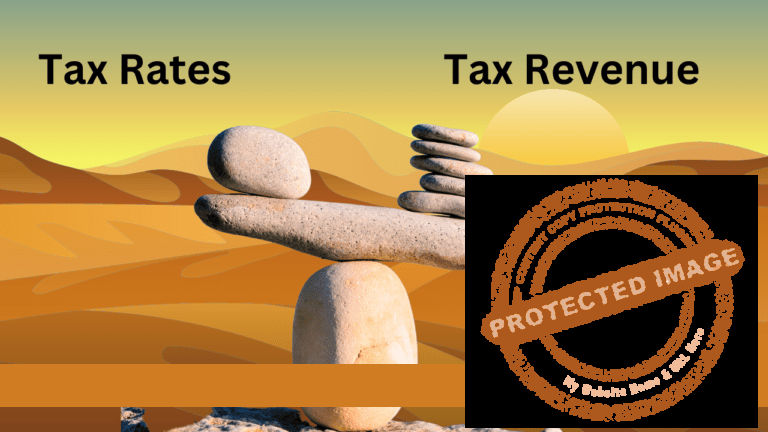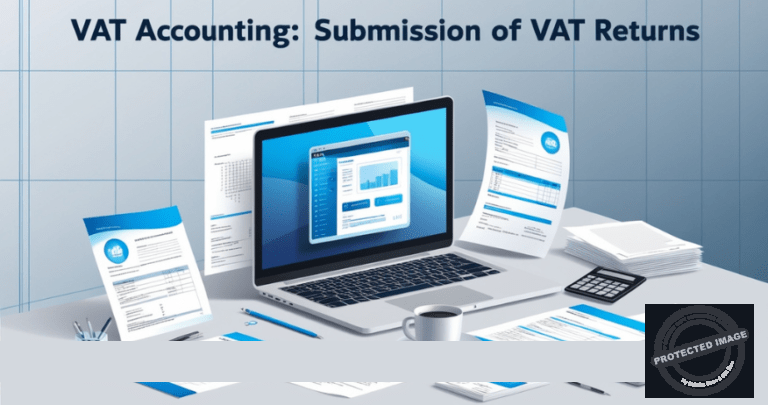VAT registration is one of the requirements by the Kenya government for persons who qualify. This post will address the following three issues:
- Application for VAT registration
- Potential VAT taxpayers
- Types of VAT Registrations
What is to register for VAT
To register means to put it into a list. When you are registered for VAT, it means that you will be put into the list of persons who should comply with the VAT Act (2013). The list of persons who should adhere to the VAT Act (2013) is maintained by KRA. Therefore, the application for VAT registration is made in i-Tax which is a KRA system.
Identification of persons
VAT registration involves the identification of persons: Supplying taxable goods and services amounting to Kshs 5 million or more in 12 months. Note it is the taxable turnover, not any other turnover.
Those persons who expect to supply taxable goods and services amount to Kshs 5 million or more in 12 months are the potential VAT registered taxpayers. VAT law also provides for voluntary registration. The VAT registration application is made through the i-Tax platform. Therefore, a person must have access to the internet and i-Tax.
Acts Againist the VAT registration Law
a. A person should not charge VAT if they are not registered for VAT.
b. Every registered person must charge, collect and remit VAT from the registration date indicated in the registration certificate.
c. A person should not charge VAT after VAT deregistration.
Potential VAT Taxpayers
Qualifications
The following are the qualifications:
- Has a business (age limit, the legality of business).
- Has made or expects to make taxable supplies amounting to Kshs 5 million or more in 12 months.
- About to commence making taxable supplies with an expected value over Kshs 5m in any period of 12 months (whether one or several transactions.
- Persons should apply for registration within 30 days.
VAT Registration Threshold
The registration threshold excludes the value of:
1. Sale of a capital item of the person (e.g., a machine).
2, Supply made as a consequence of the person
- Selling the whole or part of the person’s business.
- Permanently ceasing to carry on the business (selling of final stock)
3. Anything else that may be added.
Who Should Register for VAT?
- Individuals trading in their names.
- Sole proprietors – Note that registration is for the individual business owner.
- Partnerships include husband and wife.
- Limited liability companies, both Private and Public.
- Any other type of business that does not fit in any of the above categories, e.g., businesses operated by Churches, Mosques, Temples, etc.
Types of VAT Registrations
Types of VAT registrations in Kenya depend on the person who initiates VAT registration.
Originators of VAT registration
The type of VAT registration depends on the person who initiates the registration.
Registration is initiated by:
The taxpayer:
- Normal VAT registrations,
- Voluntary VAT registrations,
- Intending trader VAT registrations.
Tax Commissioner
- Compulsory VAT registration.
Registration initiated by the taxpayer:
1) Normal registration
The business owner qualifies to be registered, applies for registration, they are registered, and VAT obligation added to the PIN certificate.
2) Voluntary registration
The business owner does not qualify to be registered, but they apply for registration to benefit from being registered.
3) Intending trader registration
The business owner expects to deal in taxable supplies and applies for registration before the transactions commence.
Registration initiated by tax Commissioner:
4) The business owner qualifies to be registered but fails to register. The Commissioner will add the VAT obligation to the PIN certificate. The taxpayer will be notified.
This post was on VAT registration. We have discussed who should register,
Thank you for reading the post.
Dr. Wakaguyu wa-Kiburi




